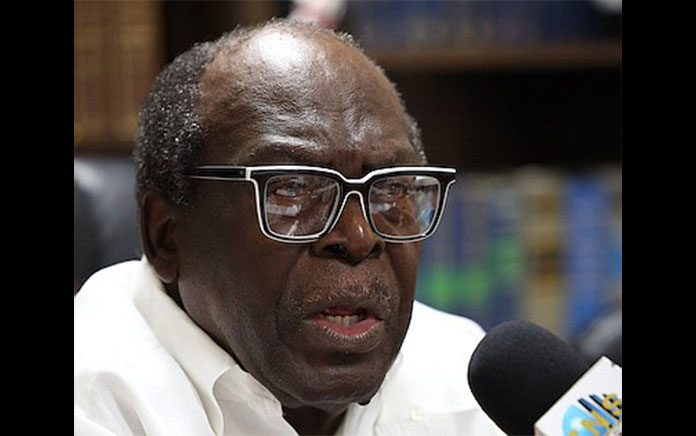
Dear BP,
Whether the TUC and its followers choose to boycott the upcoming Labour Day parade may be unsettling to some. Still, it is the logical consequence of successive governments confusing union members’ needs with their wants. No rational, reasonable person can ignore the number of trade union agreements or the herculean effort by the present Minister of Labour to address the long-standing grievances left on her plate by a previous incompetent government.
Let there be no confusion: trade unions play a crucial role in advocating for workers’ rights, but some have been accused of using aggressive tactics that some view as extortion. These situations often involve:
- Strikes and work stoppages: Some unions have been criticised for using strikes to pressure governments or businesses into concessions, sometimes causing economic disruptions.
- Political influence: In some instances, unions have been accused of leveraging their power to demand policies that benefit their members at the expense of broader economic stability.
- Corruption and mismanagement: Some unions have faced allegations of financial mismanagement or using funds for personal gain rather than worker advocacy.
- Blocking reforms: In some industries, unions have resisted modernisation efforts, arguing they would harm workers. Critics claim these actions hinder economic progress.
What should be clear is that unions in general in the Bahamas have agendas that do not align with those of the Bahamian people or the present government. Despite the assertions by union leaders, they have always been political. We know this because of the many failed attempts by union leaders to translate their membership into political movements. So, having failed to realise that pipe dream, they are trying to act as a shadow government by challenging government labour policies and even attempting to formulate them.
How is this done? Union interventions in cases of public officers caught stealing from the public purse, where the government was bamboozled into giving the perpetrators a second chance, including allowing them to repay stolen taxpayers’ money from their salaries and retain their jobs. The problem with this generosity is that it assumes the thief is not a kleptomaniac (a dangerous assumption), who now has even less money, so whose interest is being served here?
Unions exert political pressure to retain persons with fraudulent diplomas in the same job at the same salary, notwithstanding the corrosive effects of this practice on more deserving individuals. I can go on, but I don’t have the space or stamina to deal with this steamy heap, which awaits the minister daily.
So, the extent of the union leaders’ demagoguery is truly eye-watering when one considers how much they have damaged the Bahamian economy over the years, and how governments have accommodated them to stop temper tantrums, much like giving sweets to a crying child. You donate land for their buildings, and they want the taxpayers to finance the construction. When it doesn’t happen, they curse the government.
You regularise members after years of languishing in the public service wilderness, yet they complain. The government ensures that union contract settlements are at a fair pay rate with nice back pay packages, yet they cry out indignantly. Unions advocate equal pay for people with no qualifications who, because of juicy contracts over the years, make as much or more than people who took the time to be qualified. However, unions see nothing wrong with this. The sad reality is that there are no limits to a human being’s “wants”, so it may be a waste of time for the government to dispense with good governance to accommodate unions any further. As foreshadowed, although claiming not to be political, unions behave like a government in waiting. I hope they advise their members and let the public know what they are waiting for.
So, if the members choose not to participate in the glorious Labour Day march, that’s their right, but their non-attendance should not be at the command of people with hidden agendas.
Sincerely,
Michael J. Brown







